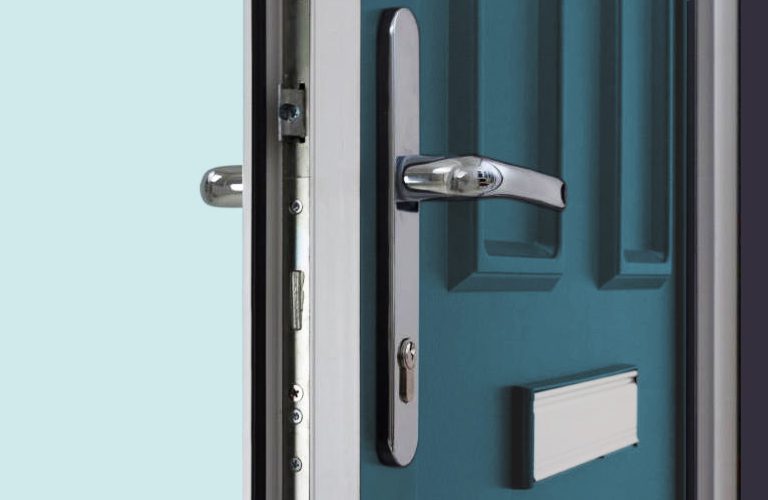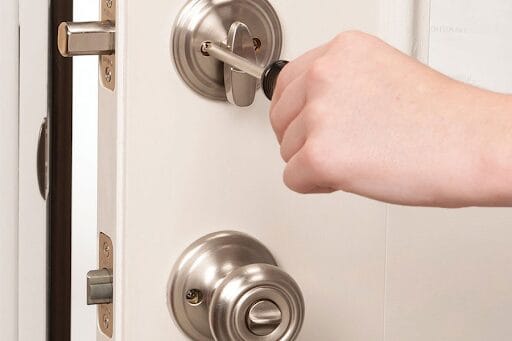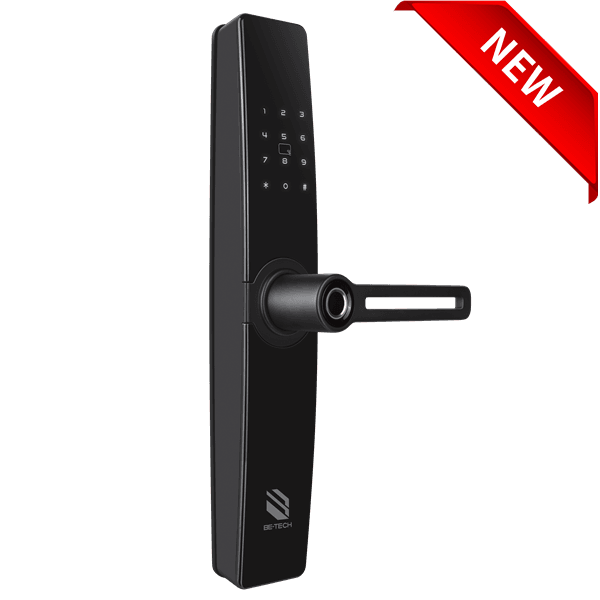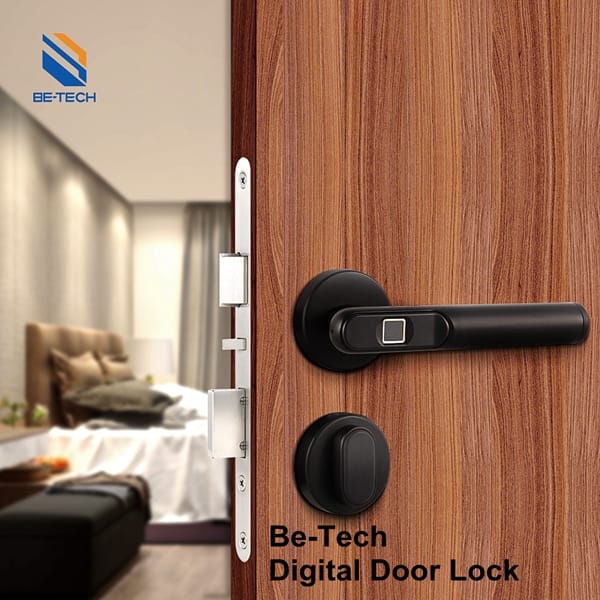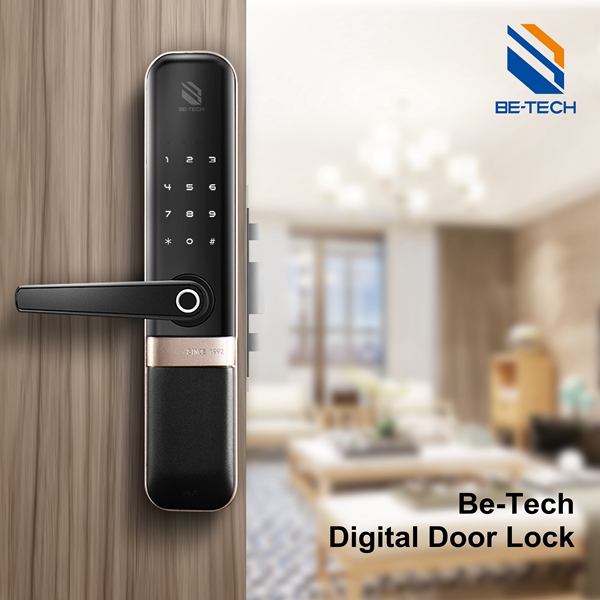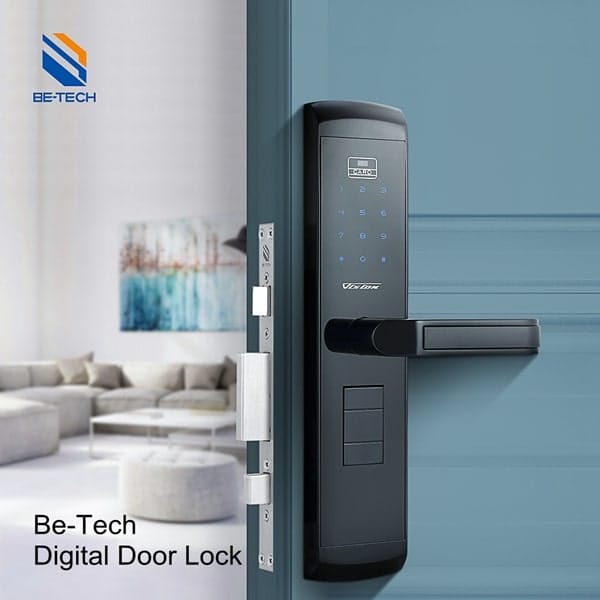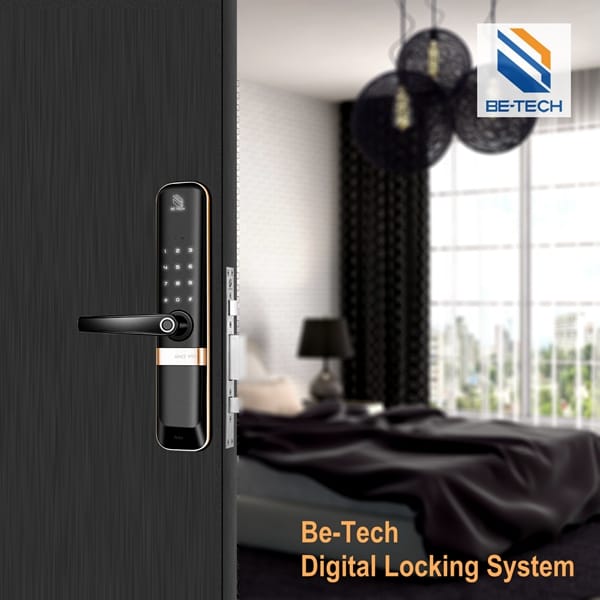In the ever-evolving hospitality landscape, ensuring guest safety is paramount. As we step into 2024, advancements in hotel door lock technology play a critical role in this mission. This comprehensive guide explores the various types of commercial locks designed for hotels, highlighting their features, advantages, and product recommendations to bolster security and enhance the guest experience.
Importance of Hotel Security
Hotel security is a top priority for both guests and hotel management. With increasing concerns about safety and data privacy, investing in effective locking systems is essential. A robust security framework not only protects guests but also secures the hotel’s assets and reputation.
Overview of Commercial Lock Types
There are several types of commercial locks available for hotels, each offering unique benefits. This guide breaks down these options to help hotel managers make informed decisions about their locking systems.
Types of Commercial Locks
1. RFID Locks
RFID (Radio-Frequency Identification) locks are increasingly popular in hotels due to their convenience and security. Guests can access their rooms using keycards embedded with RFID chips, eliminating the need for traditional keys. This technology offers easy programming, allowing hotel staff to quickly issue and revoke access as needed.
Advantages
- Enhanced Security: RFID locks are challenging to duplicate, significantly reducing the risk of unauthorized access.
- Durability: RFID cards are resistant to wear and tear, providing a longer lifespan.
- Guest Convenience: Guests appreciate the ease of use associated with RFID technology, enhancing their overall experience.
Recommended Products
- ELECTRONIC HOTEL LOCK – BASE RFID (9004 SERIES): A reliable choice for high-traffic areas, seamlessly integrating with management systems.
- ELECTRONIC HOTEL LOCK – VISUAL II RFID: Known for its aesthetic appeal and robust features, providing both security and style.
2. Mobile Key Locks
Mobile key locks represent the pinnacle of convenience, enabling guests to use their smartphones as room keys. Employing Bluetooth or NFC technology, these locks allow for quick access without the need for physical cards.
Benefits
- Contactless Experience: Ideal for today’s hygiene-conscious travelers, mobile keys reduce contact with shared surfaces.
- Increased Satisfaction: Guests who appreciate technology are more likely to choose hotels that offer mobile entry.
Recommended Products
- BE-TECH WIRELESS ONLINE ELECTRONIC LOCK: This product allows hotel staff to manage locks remotely, providing a seamless guest experience.
- ELECTRONIC HOTEL LOCK – SHADOW II RFID: An advanced locking solution that integrates well with modern hotel management systems.
3. Biometric Locks
Biometric locks provide the highest level of security by using unique physical characteristics, such as fingerprints or facial recognition, to grant access. As these systems evolve, they’re becoming more popular in luxury and high-security hotels.
Features
- Unmatched Security: Only registered users can gain access, effectively eliminating the risk of lost keys.
- User Convenience: With no need for physical cards or keys, biometric locks simplify guest access.
Recommended Products
- FINGERPRINT AND RFID CARD AND TOUCHPAD DIGITAL DOOR LOCK – I7A6FMTW: A versatile lock that combines multiple access methods in one sleek design.
- FINGERPRINT DIGITAL DOOR LOCK K7S: This model features advanced fingerprint technology for secure access.
4. Smart Locks
Smart locks incorporate various technologies and can be integrated with hotel management software, allowing staff to monitor and control access remotely. They also enable smart features, such as automatic check-in and tracking real-time occupancy.
Integration with Hotel Management
Smart locks are designed to work in harmony with hospitality technology, creating an efficient system that enhances both security and user experience.
Recommended Products
- MJM Access Control System: This solution enables comprehensive control, monitoring, and management of hotel locks from a single interface.
- ELECTRONIC HOTEL LOCK – VISUAL III RFID (V5 SERIES): Incorporates smart technology for a cutting-edge guest experience.
5. Mechanical and Keypad Locks
Although traditional, mechanical locks still play a role in some hotel security strategies. They are straightforward without advanced technology but can still provide reasonable security when monitored closely.
Advantages and Limitations
Mechanical locks are generally cost-effective but come without the convenience of modern locks, making them suitable for less critical areas or budget-conscious hotels.
6. Integrated Access Control Systems
These systems combine locking technology, access control, and monitoring into one cohesive unit. By centralizing security operations, hotels can efficiently manage security across multiple entry points.
Comprehensive Security Solutions
Integrated systems enhance security by offering features like remote access, audit trails, and real-time monitoring.
Top Commercial Lock Brands
ASSA ABLOY
ASSA ABLOY is renowned for high-quality locking solutions specifically designed for the hospitality industry. Their innovative products, including RFID and electronic locks, set industry standards.
Salto Systems
Salto’s XS4 lock series is popular among hospitality providers due to its blend of aesthetics and functionality, offering intuitive operation combined with advanced security features.
Onity
Onity is known for pioneering mobile key solutions, providing hoteliers with the technology to meet modern guest expectations while ensuring robust security measures.
Be-Tech
Be-Tech specializes in a wide range of hotel locking solutions that cater to the evolving needs of the hospitality sector. Their products focus on integration, durability, and user-friendly features.
Enhancing Hotel Security
Before selecting a locking system, consider the following best practices to ensure optimal security:
Access Control Systems Integration
Integrate locking systems with existing hotel management software to enhance operational efficiency and security oversight.
Staff Training and Education
Train hotel staff on the importance of maintaining security systems and the proper use of said technologies. Regular knowledge updates can prevent user error and security breaches.
Regular Maintenance
Establish a maintenance schedule for all locking systems. Regular checks help ensure that locks function optimally and reduce the risk of malfunctions.
Security Audits
Conduct periodic security audits to evaluate the effectiveness of locking systems and identify areas for improvement.
Case Studies and Success Stories
Successful Implementations
Several hotels have successfully implemented advanced door lock systems, showcasing the benefits of modern locks, including improved security and guest satisfaction.
Security Incident Management
Analyzing security incidents can provide valuable insights into the effectiveness of different lock systems. Hotels can learn from these incidents and implement measures to prevent similar occurrences.
Future Trends and Innovations
Predictions for Future Advancements
The future of hotel door locks is promising, with ongoing advancements in technology. Trends such as AI integration and enhanced biometric features are expected to shape the future of hotel security.
Potential Challenges and Solutions
While advancements bring numerous benefits, they also present challenges. Hotels must stay informed about potential risks and invest in solutions to mitigate them.
Conclusion
In conclusion, hotel door locks are a critical component of guest safety. By staying updated with the latest advancements and adhering to best practices, hotels can ensure a secure and satisfying experience for their guests. Investing in the right commercial lock system is essential for creating a safe and seamless environment for guests in 2024 and beyond.
For more information on the latest hotel locking solutions and how they can enhance your property’s security, consider exploring the products offered by Be-Tech and other leading brands in the industry.

